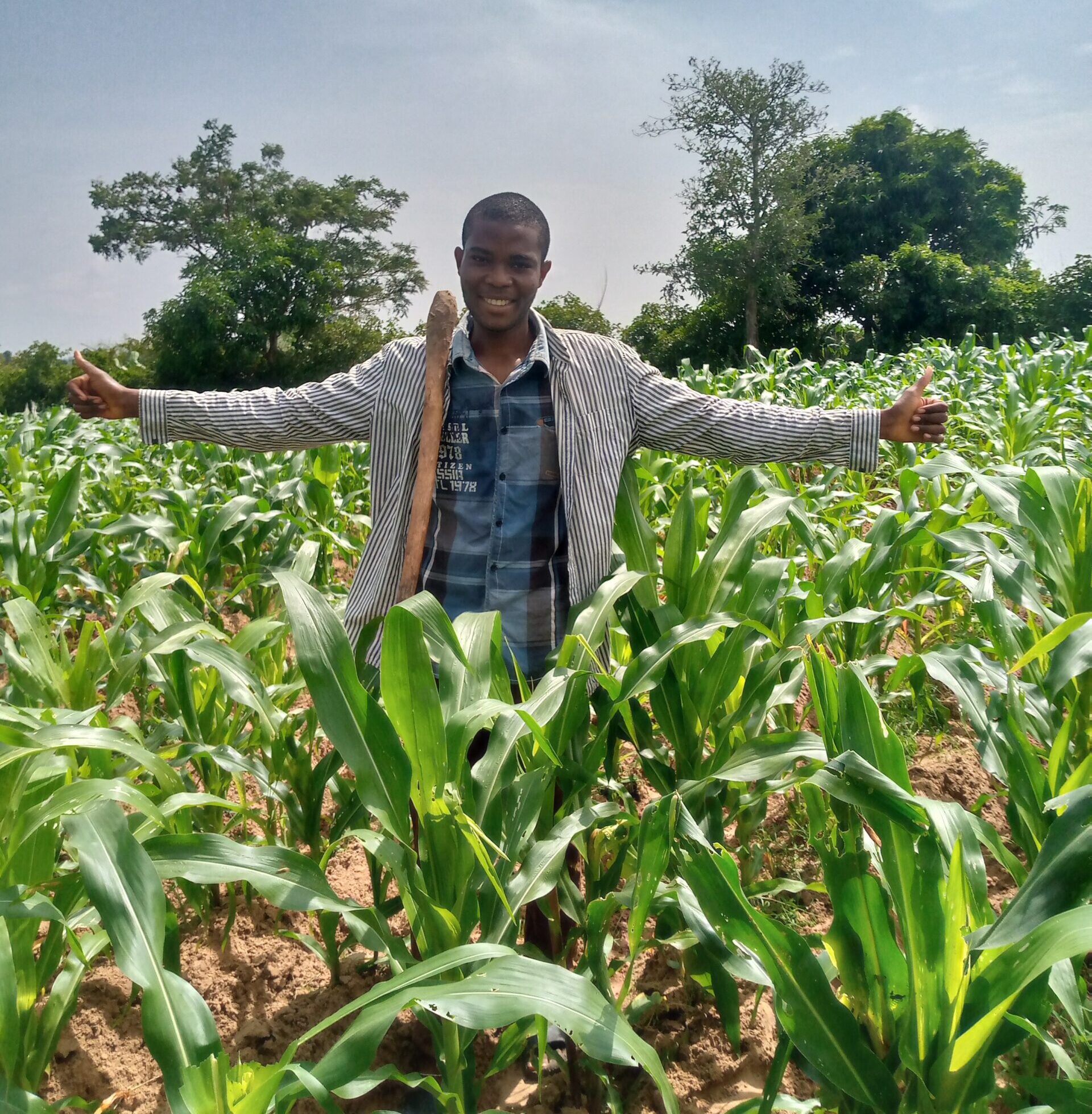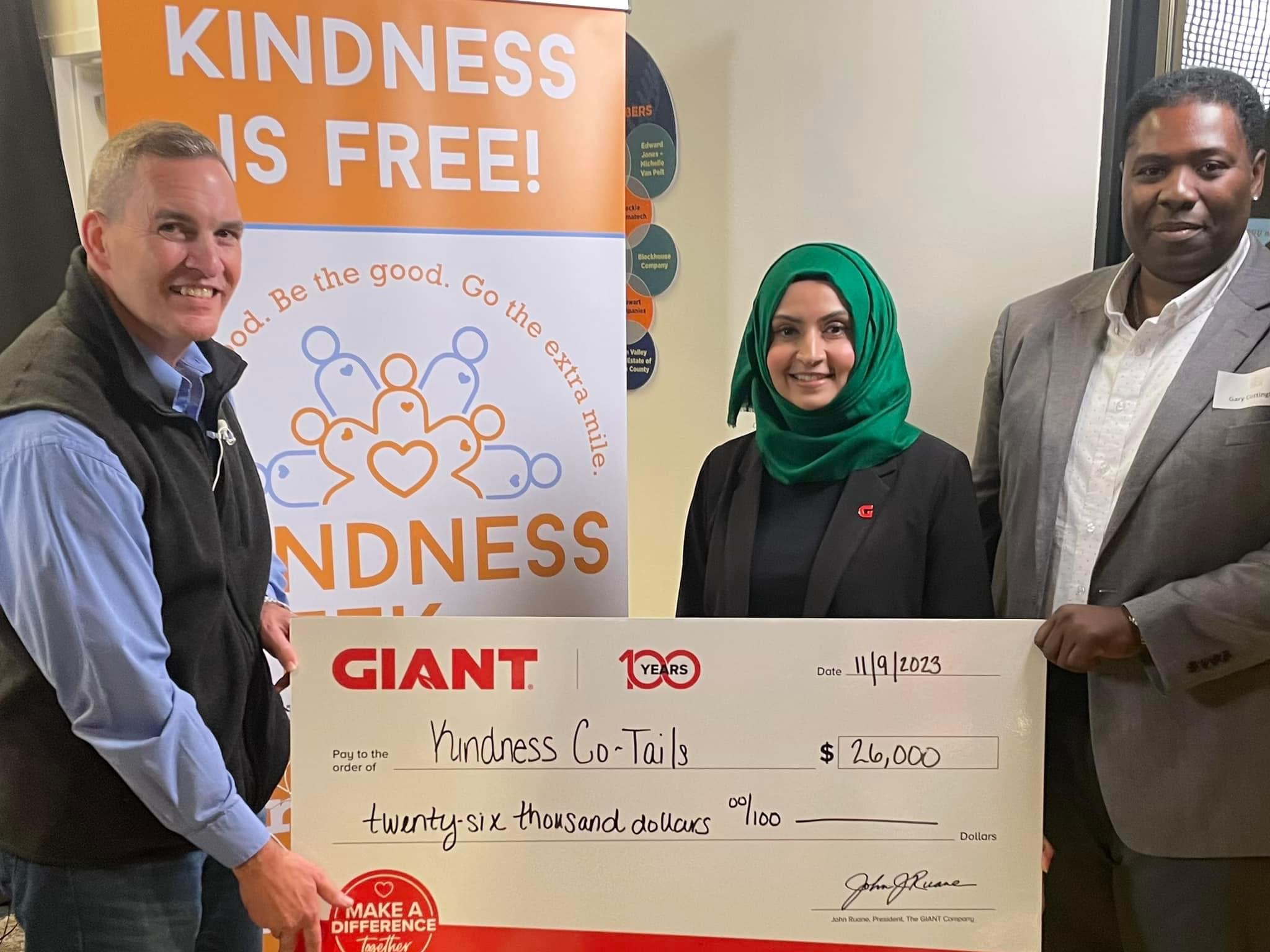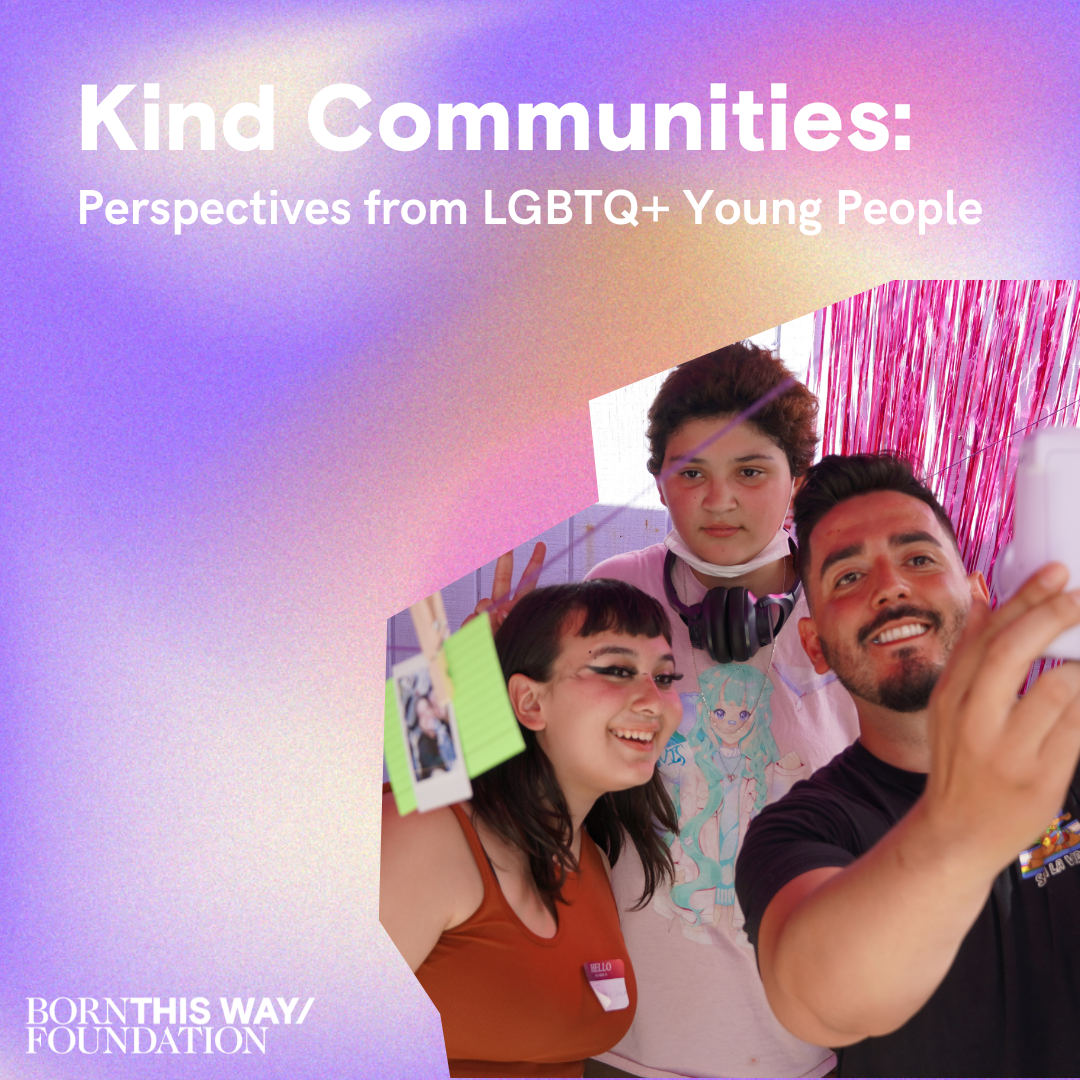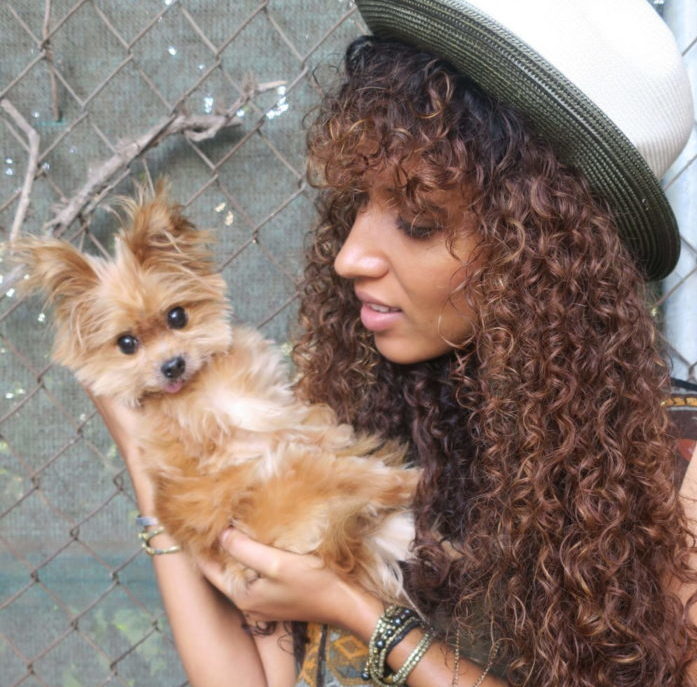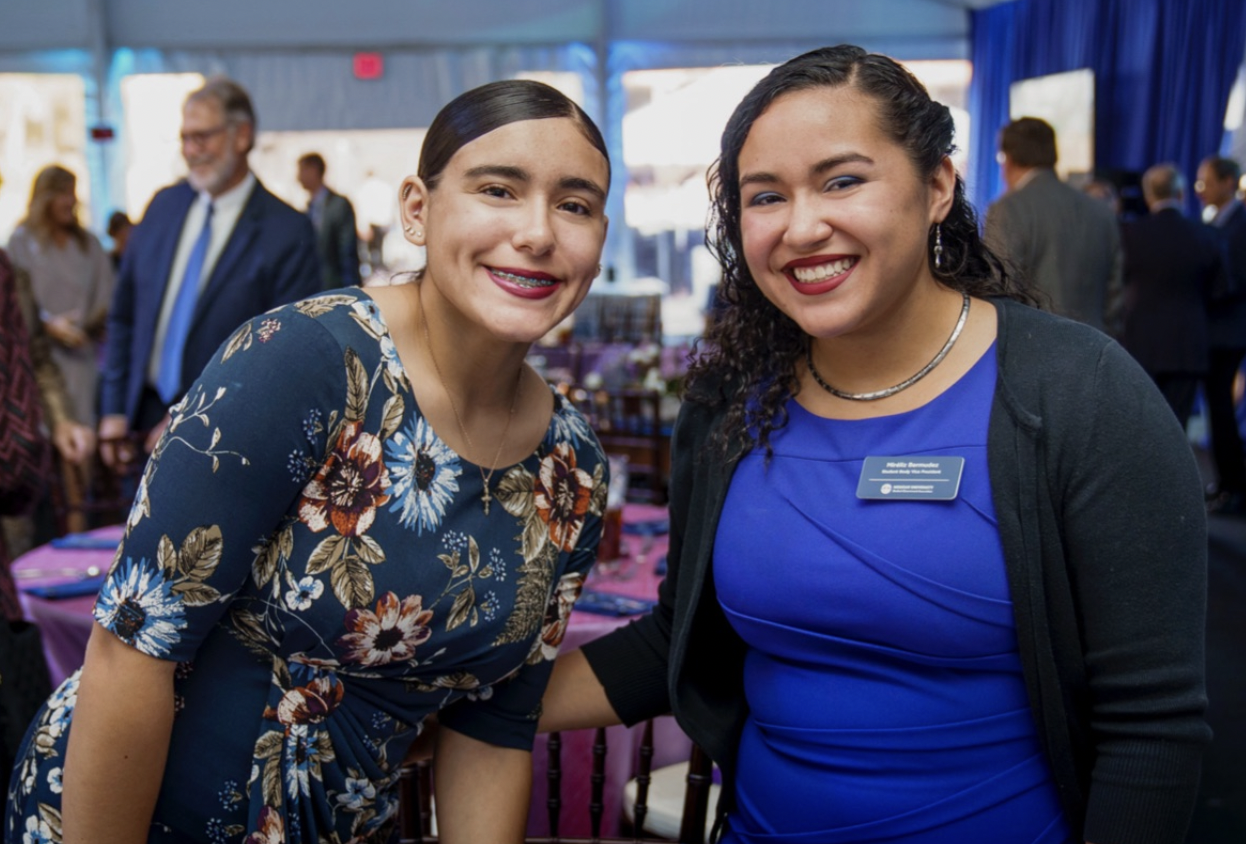I can still smell the pine needles from one winter evening on my way to a party during my senior year of high school. I had been friendly with a circle of people who bonded over making fun of others, and for a while, I bought into it. But, my brain cycled through adolescent scenes in those humming high school halls. A classmate called me “the worst” on Facebook, a close friend replaced me with another peer, and my taunted dreams and passions treaded water in an attempt to stay afloat. I couldn’t take it anymore.
The evening’s roundtable discussion was all about our personal college admission essays, and my anxiety always hit a high as a result of the ruthless competition.
When it was my turn to share, I hesitated at first, but then steadied. I reminded them of my experience when an older student had shown me compassion amidst a stressful month at school. We were from different social circles, and her unexpected kind words and actions changed my life. Since then, my eyes have been opened to living life with less judgment.
Once I finished telling my story, all I could hear was a heckle. I turned my head and was met with an eye roll. Maybe they didn’t believe me and thought the tale lacked sincerity. This narrative reminds me of a simple question: Why wasn’t it cool to be kind?
Initially, I felt like an outsider for feeling proud of my own story. My recipe for friendship was different. It called for a tablespoon of curiosity and a cup of encouragement, rather than two cups of spite filled sarcasm, which was void of yeast.
For some reason, the sarcasm didn’t taste as sweet for me. Sarcasm is vanilla. Its smell and taste in small doses can be enjoyable, but swallowing a whole spoonful is bitter and brutal.
Often I was excluded for my passions rather than being supported for them.
“Social relationships are the biggest factor in happiness and well-being,” said Sonja Lyubomirsky, a psychology professor at the University of California, Riverside. “Social support has been shown to be important coping with loss, coping with illness, with negative events … with achieving goals.”
Deriving from external or internal stimuli, young people need support to handle the constant scrutiny they face in high school and beyond. My mental health was periodically battered in high school and I had no idea. I was in the dark.
According to a study conducted by Born This Way Foundation and Benenson Strategy Group in 2017, the mental health of young people “depends upon being a part of a kind community.”
Growing up, I yearned for a kinder community. I remember the panic attacks at 11 p.m. after a full day of school and extracurricular activities. The sensation of having to simultaneously tip-toe around and question all social interaction lead to vulnerability. I stress ate and isolated myself. I didn’t trust the young people around me. Isn’t that terrifying?
From my own experience, I saw that without kindness and support from peers, I struggled with productivity and sometimes couldn’t complete assignments or passion projects without fear of judgment and rejection.
In a 2012 column by Nicholas Kristof entitled “Born to Not Get Bullied”, he included excerpts from an interview with Lady Gaga on the Born This Way Foundation’s grassroots approach to its ultimate goal of making “it cooler for young people to be nice.”
While Nicholas acknowledged the pertinence of the mission and its application to human rights abuses, he remained skeptical of the ambitious aspirations. He took it a step further and asked students to reply to the question: “Can kindness become cool?”
The answers that struck me were from Tyler and Hannah. Tyler believed that kindness can be cool as long as “people worked for it,” but then explained that kids and teens are “stuck” with thoughts that “being mean and tough” in front of friends elevates social status. Hannah’s perspective helped me see the light and fathom that up until now, society didn’t properly recognize kindness. She wrote: “Instead of punishing the mean, people should reward the kind.”
A reason why these rewards aren’t in place might be because of how challenging being kind actually is. Kindness is free, but it’s also a courageous act. Compassion is a cornerstone of human decency, but besides being just something that is only taught by some, society needs to understand what it takes to exhibit kindness. It’s not easy.
Jay Allison, an independent broadcast journalist and a producer with the Moth, recited his “Five Heretical Sermons” at the Third Coast International Audio Festival in 2016. In his fourth sermon, he urged his audience to be sincere.
“It’s much, much riskier to be sincere than to be ironic,” he said. “Don’t cover up the good impulses in yourself, because it can become a habit. Spread them instead, through your stories.”
There was a certain pain that nabbed me when I trotted down memory lane. The experiences were foul. They were frustrating. But, they were also fruitful. They taught me how to be brave at a time when I constantly didn’t feel like I was enough.
It is not my motive to wish the worst upon those who heckled about my story of kindness and desires to dream. In addition to being sincere comes an added responsibility to try to understand those who maybe cannot yet express the courage it takes to be compassionate and supportive. Constant sarcasm and maintaining a hard exterior are signals that there are fears and insecurities impeding the way. Everyone can be kind.
The people who are still building up their courage to be caring must know that the world has become more accepting than it was when I was 14. Open up Instagram and you’ll see clothing stores advertising t-shirts and sweaters that read, “It’s cool to be kind.” I checked Urban Outfitters’ website—and I’ve got news for you—they are all sold out.
The viral videos that display kindness have become newsworthy. The camera caught professional baseball player Mookie Betts giving a signed bat to cheer up a young fan whose mother had been struck with a foul ball. Over 9 million people have watched how Warren Middle School’s new principal welcomed back its students with motivational messages painted on its bathrooms.
Mr. Rogers is everywhere. His revival as a national icon has inspired many in this country and around the world to not give up. While we are starting to catch on, there’s still a lot of work to be done.
#BeKind21, a campaign put forth by Born This Way Foundation, encouraged participants to take a pledge, asking them to engage in one kind act a day for 21 days. Acts of kindness can be performed for communities, loved ones and even yourself; self-care matters.
The initiative has given me an outlet to document kindness. During the 21 days when I recorded an Instagram story describing a kind act, it was empowering, but it was also quite scary putting something incredibly personal out into the world. Today, I think about those humming high school halls and how maybe, with some more courage, I could have conquered them with kindness.












